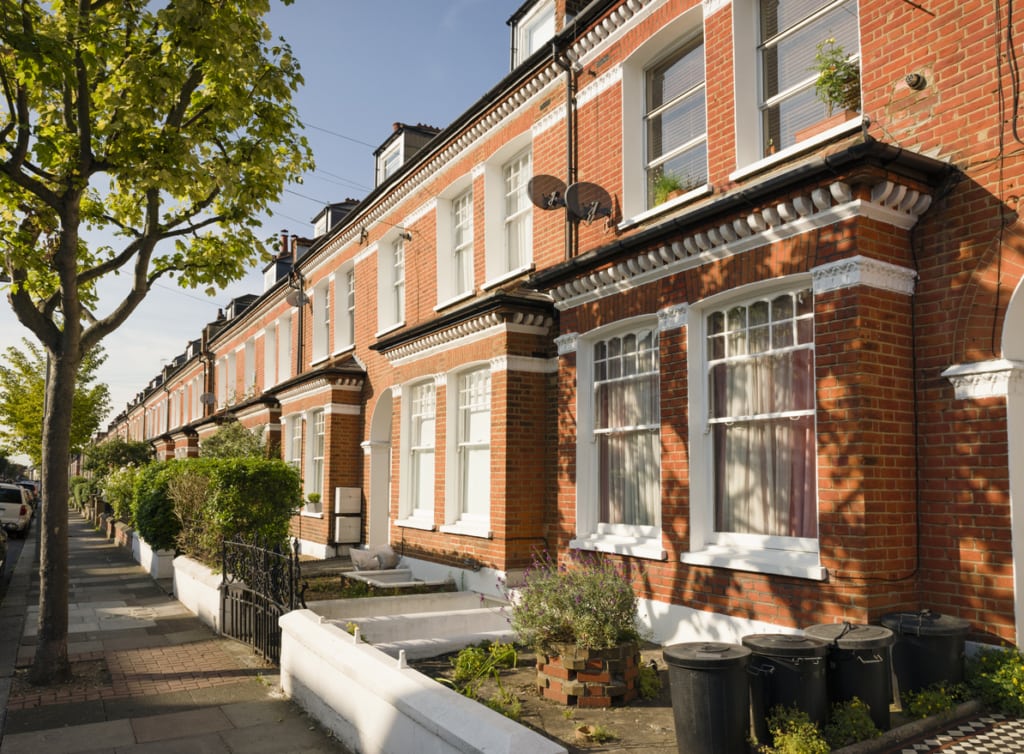What the new five-week deposit cap means for renters
A new law has been introduced (from 1st June) which prevents landlords and letting agents charging tenants for a range of admin fees that they previously had, and has capped tenancy deposits to five weeks.
The Act, which comes into force on 1st June, will only apply to new tenancies and renewals of tenancies. It will mean that landlords and letting agents won’t be able to charge for a range of admin fees they’ve previously done, and has capped tenancy deposits to five weeks.
Part of the shake up will involve rental deposits in England being capped at five weeks.
Analysis by Rightmove has found that the cheapest average deposit will be in the North East at £630 and the most expensive average deposit will be in London at £2,415.
In London alone, the cheapest average deposit will be in Rainham (£1,216), with the most expensive in Kensington (£4,065).
Rightmove’s property expert Miles Shipside said: “The upcoming tenant fee ban should spell some good news for tenants and it may lead to more people being able to move more often if they want to, thanks to the reduction in the cost of moving.
“It remains to be seen if the ban will be passed on in other ways such as increasing rents and tenants will still need to find a pretty hefty rental deposit in many areas. What we really need now is more fresh stock for the rental market so that rents don’t continue to rise at the current rate we’re seeing, so perhaps it’s a good time for some investors to consider buying up properties to let out as the tenant demand is definitely there.”
To roughly calculate what your own five-week deposit cap might be, multiply your monthly rent by 12 to reach an annual figure, then divide this by 52 to reach a week’s worth of rent, before multiplying by five to get the five-week deposit.
The Rightmove analysis also found that demand is currently outstripping supply, with the number of available rental properties in the capital down by 33% compared with two years ago, while available rental stock has dropped 13% for the rest of Great Britain.
Richard Davies, Head of Lettings at Chestertons, added: “The government’s decision to taper and ultimately remove tax relief on finance-related costs has had a huge impact on the lettings market and has resulted in a massive decline in the number of new lettings properties coming to the market.
This decline has been most noticeable over the past six months as landlords take action before the full impact of the tax changes come into play next year. Chestertons’ own figures back-up Rightmove’s findings, with the number of available rental properties down in the majority of our branches and rents starting to rise again as a result of the supply and demand imbalance.”
Are you a renter and in need of some help ahead of your next move? Find all our top tips and advice here.



